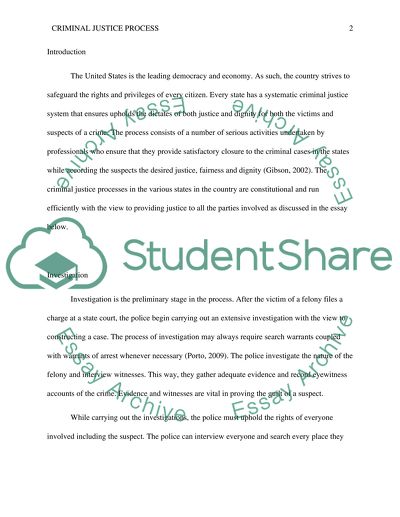Cite this document
(“Criminal justice process for a felony criminal charge filed in a state Research Paper - 2”, n.d.)
Retrieved de https://studentshare.org/law/1681345-criminal-justice-process-for-a-felony-criminal-charge-filed-in-a-state-court
Retrieved de https://studentshare.org/law/1681345-criminal-justice-process-for-a-felony-criminal-charge-filed-in-a-state-court
(Criminal Justice Process for a Felony Criminal Charge Filed in a State Research Paper - 2)
https://studentshare.org/law/1681345-criminal-justice-process-for-a-felony-criminal-charge-filed-in-a-state-court.
https://studentshare.org/law/1681345-criminal-justice-process-for-a-felony-criminal-charge-filed-in-a-state-court.
“Criminal Justice Process for a Felony Criminal Charge Filed in a State Research Paper - 2”, n.d. https://studentshare.org/law/1681345-criminal-justice-process-for-a-felony-criminal-charge-filed-in-a-state-court.


